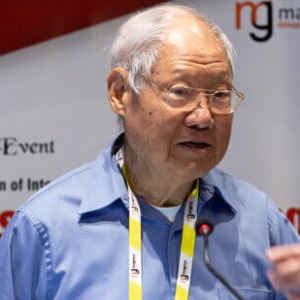Clinical Cancer Genomics
Clinical Cancer Genomics is a rapidly evolving field that utilizes advanced genetic technologies to diagnose, treat, and understand cancer at the molecular level. By analyzing the genetic makeup of tumors, clinicians can gain invaluable insights into the underlying mechanisms driving cancer progression, leading to more precise and personalized treatment strategies. Through techniques such as next-generation sequencing (NGS) and genome-wide association studies (GWAS), researchers can identify genetic alterations, mutations, and biomarkers associated with different cancer types, aiding in early detection and prognosis. Furthermore, clinical cancer genomics plays a crucial role in identifying hereditary cancer syndromes and assessing cancer risk in individuals with a family history of the disease. Genetic testing and counseling services are integral components of clinical cancer genomics, providing patients and their families with crucial information about their genetic predisposition to cancer and informing medical management decisions. Additionally, the integration of genomic data into clinical practice enables oncologists to tailor treatment plans based on the specific molecular profile of each patient's tumor, maximizing therapeutic efficacy and minimizing adverse effects. Collaborative efforts between clinicians, researchers, and geneticists continue to drive advancements in clinical cancer genomics, paving the way for more personalized and targeted approaches to cancer care. As our understanding of cancer genetics deepens and technology continues to advance, the potential for clinical cancer genomics to revolutionize cancer diagnosis, treatment, and prevention is immense, offering hope for improved outcomes and quality of life for cancer patients worldwide.

Murray Moo Young
University of Waterloo, Canada
Limongi Tania
University of Turin, Italy



Title : Improving health in over 40,000 patients: The impact of nanomedicine fighting antibiotic resistant infections
Thomas J Webster, Brown University, United States
Title : Advancement in dual lateral flow immunoassay design for sensitive, rapid detection of rotavirus and adenovirus in stool samples
Ayan Ahmed Isse, Genexus Biotech Company, Somalia
Title : Evaluating cell compatibility and subcutaneous host response of silk fibroin–chitosan plug composites as potential resorbable implants
Luis Jesus Villarreal Gomez, Universidad Autonoma de Baja California, Mexico
Title : Renewed novel biotech ideas, with bioreactor bioengineering economic impact
Murray Moo Young, University of Waterloo, Canada
Title : Osmotic lysis–driven Extracellular Vesicle (EV) engineering
Limongi Tania, University of Turin, Italy
Title : Diversity analyses of microbial communities in Armanis gold-polymetallic mine and acid mine drainage: Bioremediation
Anna Khachatryan, SPC Armbiotechnology of NAS of Armenia, Armenia